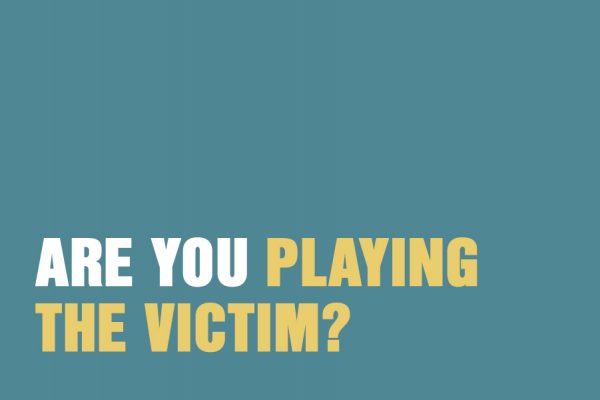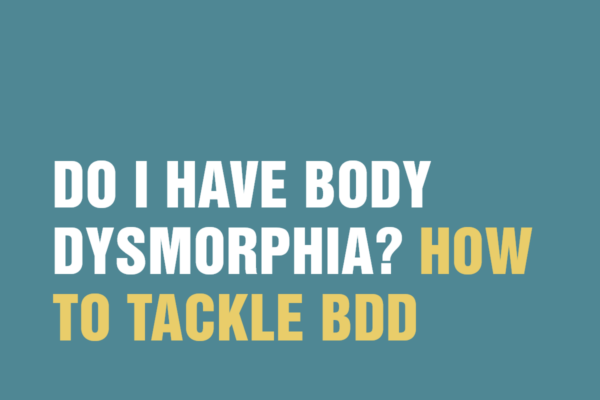January and February can be difficult months. So much of the latter part of each year is taken up with the preparations for Christmas – coping with higher-than-usual levels of stress, and determination to put a brave face on it in front of friends and relatives when things don’t live up to our ideals.
When it’s all over, and the routine of the new year is underway, it’s often the time we reflect on who we are, what we want from life and, of course, February is the month that tests those resolutions we made to change.
February is particularly tough: the new year spirit has long-gone, our resolutions may have been be short-lived, the weather’s at its worst, and credit card bills from Christmas may still loom large. People living alone can feel isolated and cut off from friends and family. It’s no surprise that the early months of the year is the time that leads most often to depression.
Winter depression, or Seasonal Affective Disorder (SAD) is thought to affect one in 15 of us, ranging from mild ‘winter blues’ to more serious depression. Even mild depression can have a serious impact on our quality of life, making us feel ‘low’ and lethargic and as though even simple day-to-day tasks are hard to do.
Many people seek some form of therapy at this time of year. Counselling, psychotherapy, or other therapies such as CBT can really help you cope with the many challenges of depression. Seeking help can address the root causes, or help you cope with negative feelings such as isolation, grief, a lack of self-worth, or vulnerability.
As well as getting professional help, there are some simple things you can do that could help to support you emotionally during this time, and some things to avoid if you’re feeling low. Many of us ‘detox’ in January, but going back to drinking alcohol can make you feel worse, as can fast or junk food, however tempting they may be. A healthy diet with plenty of fruit and vegetables can boost your energy at a time when your body and mind need it most.
Keeping active is also important. The NHS website recommends 30 minutes exercise three times a week, quoting research that shows this can be an effective weapon against depression. Where you can (and weather permitting!) exercise outside so you get the double benefit of daylight, which can also help fight SAD.
But the first step in tackling depression is to recognise what you’re feeling, and to know that you’re not alone.







